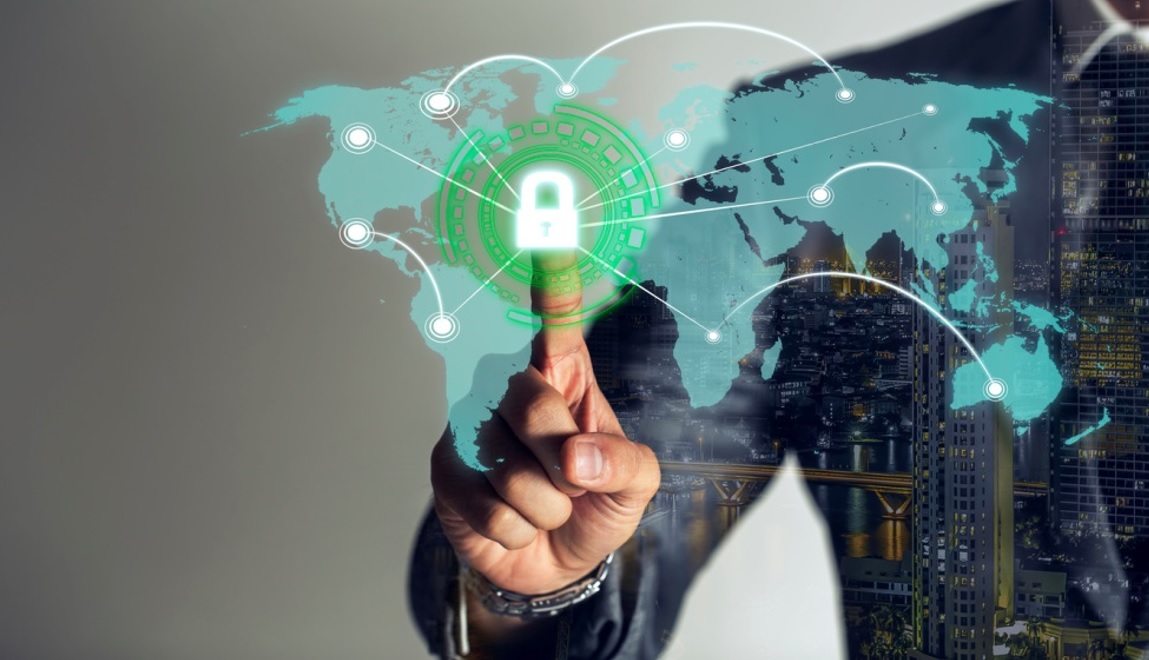HIPAA server security is serious business. If your patient data is compromised, you could face hefty fines and even lawsuits. But even though protecting patient information can be difficult (and expensive), it’s not impossible. In this post, we’ll explore what HIPAA server security entails and how you can protect your servers from attacks or breaches by encrypting data, backing up regularly, using a Virtual Private Network (VPN), and more.
HIPAA Server Security – What is it?
The Health Insurance Portability and Accountability Act (HIPAA) is the law that requires health care providers to protect the privacy of patient information. It also requires them to notify patients if their information has been compromised.
HIPAA rules are enforced by the Department of Health and Human Services (HHS).
How can I protect my server?
The first step to protecting your server is to use a VPN. A VPN, or virtual private network, encrypts data before it leaves the computer and sends it over a public network (like the internet). This means that even if someone were able to intercept the data being sent between your computer and the server, they wouldn’t be able to read it because they don’t have access to the encryption keys needed to decrypt that information.
Encryption is an important step but not enough on its own; backing up data regularly is also essential as well as using firewalls on any computers connected with patient files like laptops or tablets used by doctors or nurses in hospitals or clinics.”
Encrypting data.
Data encryption is a process of encoding data in such a way that only authorized users can read it. Data is encrypted using a key, and the result is called ciphertext. The encryption algorithm used to create the ciphertext depends on what type of data you’re protecting, but all methods involve applying mathematical functions to your original message (or file) and then converting it into gibberish that anyone without access to your secret key cannot understand.
Encryption can be used both at rest and in transit:
- At rest refers to keeping information stored on devices such as servers or laptops so that no one else can access them without authorization (e.g., by encrypting files). This protects against theft or loss since there’s no way someone could see inside these files unless they also had access to whatever tool was used for encrypting them in the first place; however, it doesn’t prevent attacks like ransomware from occurring because those attackers don’t need physical access! In fact…
Regularly backup your data
It’s important to regularly backup your data, so that if it gets lost, you can restore it. This can be done by storing backups on an external hard drive or other storage device. If you don’t have a backup and something happens to your server, then all of the data stored on there will be gone forever!
If possible, store backups in a separate location than where they were originally created (for example: if your organization has two offices that house servers but only one office has internet access). Additionally, try not to store them in the same format as their original counterparts; otherwise this could cause issues when trying to restore files later down the line
Is encryption enough?
Encryption is just one way to protect your data. It can be compromised, so you need to have other security controls in place. Encryption is not a magic bullet that will solve all of your problems with HIPAA server security.

In order to be compliant with HIPAA regulations, make sure that you have strong encryption on all of your servers and devices that store patient information. You also need to have an active firewall protecting those systems from outside attacks (such as DDoS attacks). An intrusion detection/prevention system should also be installed as well as regular vulnerability assessments performed on each system by an outside party like us here at [Company Name].
Using a Virtual Private Network (VPN)
A VPN is a private network that uses a public infrastructure to connect remote users. It can be used to access data remotely and securely, as well as to provide secure communications for the entire organization by encrypting all traffic between users on the network.
VPNs can also be used to create an encrypted tunnel between two points over the internet, which may or may not have been previously connected directly via physical cable. This can be very useful in protecting your identity while working online or accessing information from public Wi-Fi hotspots (such as those found in coffee shops). By using a VPN service, you’ll be able to browse safely without worrying about someone else being able to see what you’re doing online–and if they do manage somehow get access into your computer system through another means such as malware infection etc., then their attempts would still fail because of encryption!
You can protect your servers if you use the right tools and are consistent about it
You can protect your servers if you use the right tools and are consistent about it. Here are some tips for safeguarding data:
- Use encryption and a VPN. Encryption protects against unauthorized access to files by encrypting them, which means that only authorized users can read them. A virtual private network (VPN) is another form of encryption that uses a secure connection between two computers or devices over a public network like the internet; this makes it harder for hackers to access sensitive information on either end of the connection.
- Backup regularly–and test those backups! If something happens to one server, you’ll want another copy ready with all its data intact so nothing gets lost in transition between servers or devices as part of regular maintenance activities such as system updates or software upgrades.*
Conclusion
We hope this post helped you understand the importance of HIPAA Server Security and how to protect it. If you have any questions or would like more information on our services, please contact us today!
